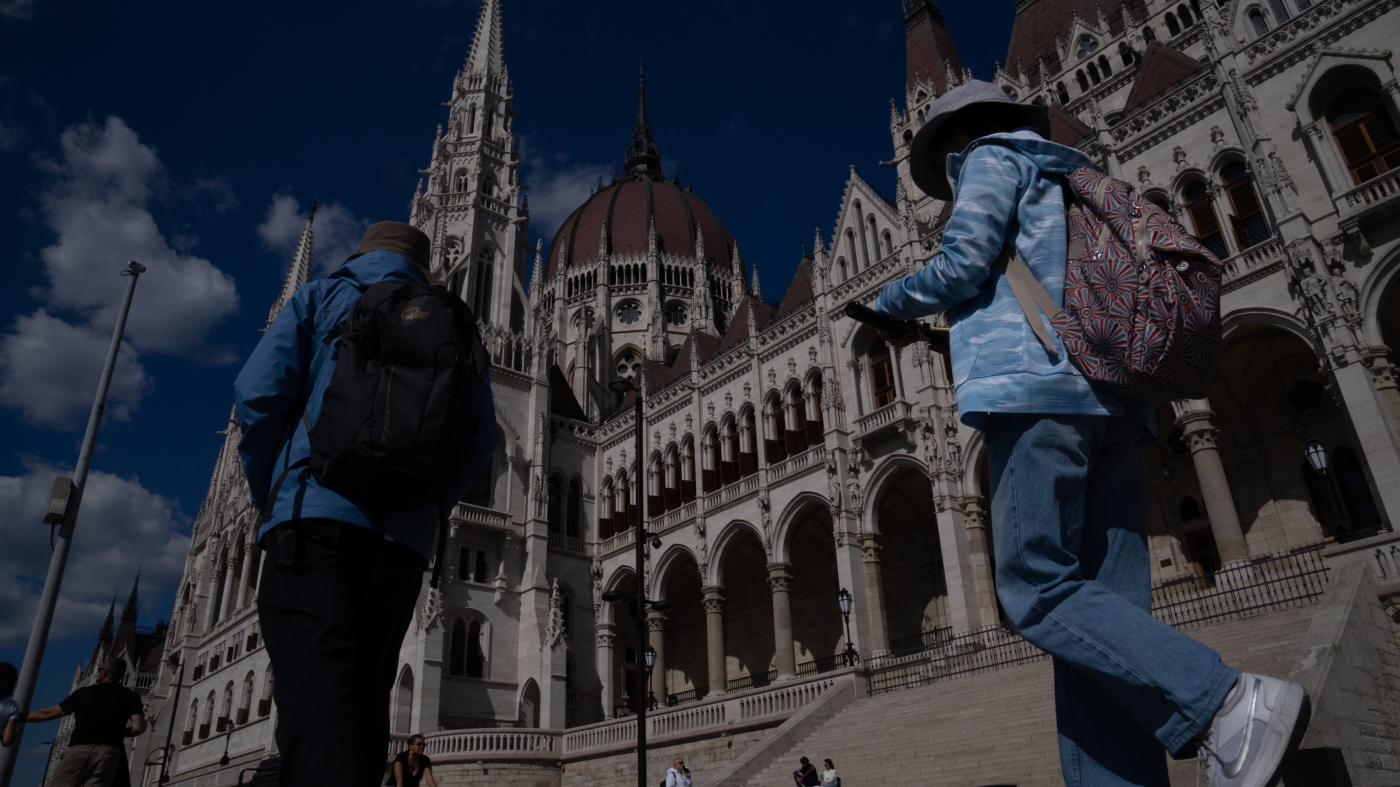The Illusion of Democracy: Hungary’s Political Landscape Under Orbán
Strolling through the streets of Budapest, one might be captivated by its historic architecture and vibrant café culture, but beneath this façade lies a complex political reality. Despite appearances, Hungary’s political system under Prime Minister Viktor Orbán has drawn criticism for its authoritarian tendencies.
Kim Scheppele, a Princeton sociology professor with extensive research experience in Hungary, remarks, “Budapest is a gorgeous city and you will never have any clue that this is really a dictatorship.” Her observation highlights a growing concern regarding Hungary’s political transformation since 2010.
Orbán’s governance is characterized as an “electoral autocracy,” where democratic structures are intertwined with authoritarian practices. Under his leadership, the judiciary has been reformed, independent media financially crippled, and the constitution altered to consolidate power. These moves have distanced Hungary from the European Union’s democratic ideals.
Interestingly, Orbán’s leadership has garnered admiration among U.S. conservatives, who view his approach as a template for populist governance in Western democracies. This cross-cultural admiration is most evident at the Conservative Political Action Conference, which has convened in Budapest multiple times.
David Reaboi, a media personality who once lobbied for Orbán in the U.S., states, “For a long time in the West you had folks on the center right who, let’s say, they made excuses.” He credits Orbán for inspiring the U.S. MAGA movement’s bold stance on issues like immigration and minority rights.
Despite criticism, Orbán’s strategic outreach to global conservative networks has been deliberate. Boris Kálnoky, a journalist at the Mathias Corvinus Collegium, notes, “A thought process began here that we need to establish bridges towards the Anglo-Saxon conservative world.”
Balazs Orbán, the prime minister’s political director, articulated this strategy: “Look to the left, they are globally allied.” Following this, Hungary actively engaged with like-minded political groups, strengthening ties with U.S. conservatives.
Critics like Scheppele warn that Hungary’s political trajectory could serve as a cautionary tale for the U.S., drawing parallels between Orbán’s actions and certain initiatives in the U.S. political landscape. Orbán’s governance tactics include restructuring the civil service and leveraging the state budget to suppress dissent.
Domestically, Orbán faces a significant challenge from within his own party. Peter Magyar, a former ally, has emerged as a political contender, potentially threatening Orbán’s long-standing grip on power. Bálint Magyar, a critic, describes Orbán’s regime as a “criminal mafia style autocracy.”
While Orbán’s support remains strong in rural areas, where EU-funded projects have improved infrastructure, urban centers like Budapest are experiencing political shifts. The European Union has withheld funds to pressure Orbán into reversing anti-democratic measures.
Implications for Hungary’s Youth
The current political climate significantly impacts Hungary’s youth, many of whom seek education abroad. Rita Nadas, head of education at Engame Academy, observes that political factors increasingly influence students’ decisions to study overseas.
Nadas reflects on Hungary’s political era under Orbán, noting its growing resemblance to recent U.S. political developments. “We have been living in what you are living now since Trump for the past 15 years,” she remarks.
Despite the political challenges, Hungary’s democratic veneer persists, with free elections and civil liberties still in place. However, the subtle stifling of dissent raises concerns about the nation’s democratic health.
Nadas concludes, “We can vote. Right? And there are no black cars pulling up outside at night like we used to have in the ’50s. Compared to that, this is a democracy. But what we would call a liberal democracy, it’s very far from it.”







Be First to Comment